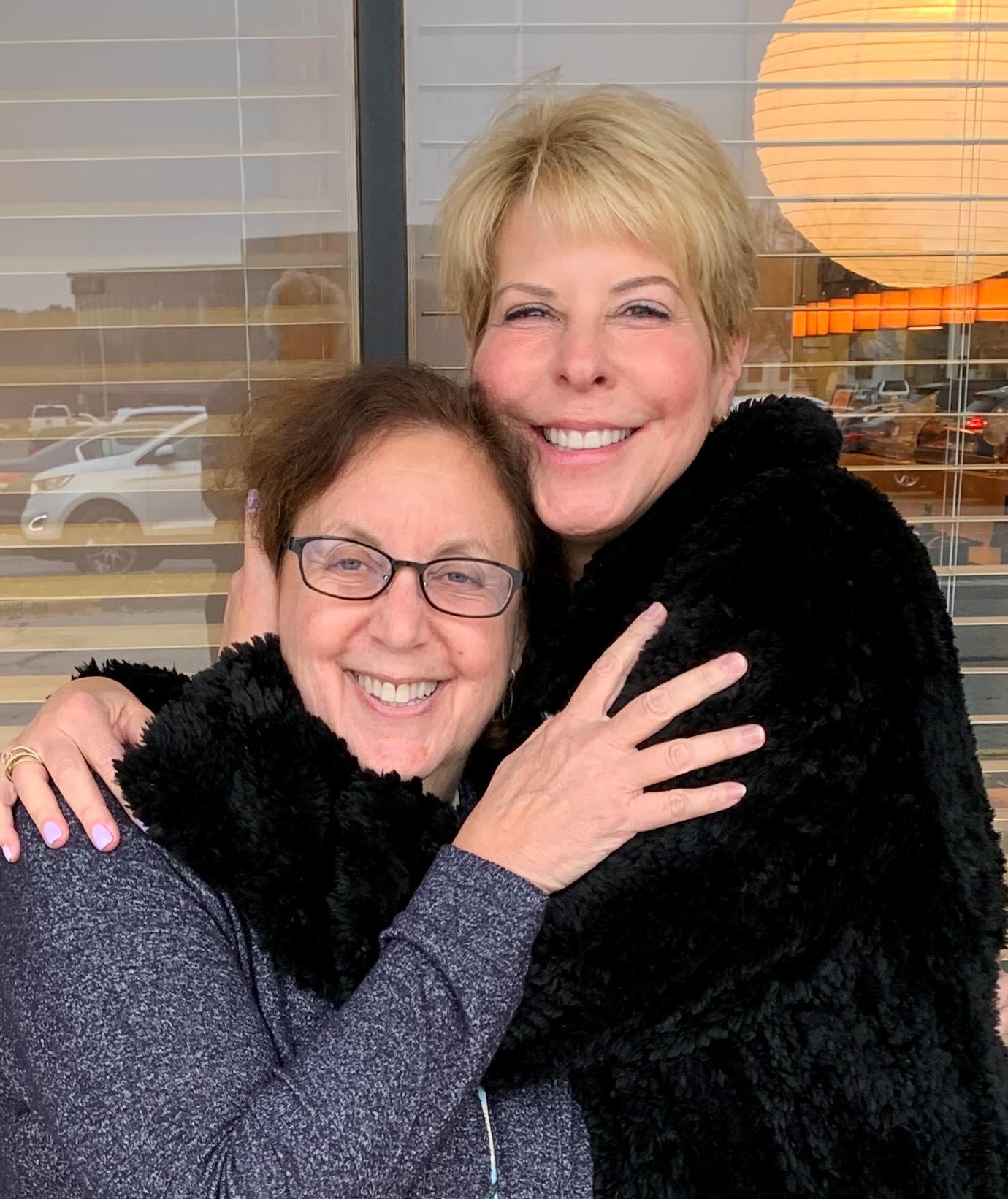By Martha Gershun, Guest Blogger
Sharing stories helps people connect and learn from each other in powerful and unique ways. It also allows the storyteller to process their own experiences as they structure and organize their personal narrative to offer to others.
The Living Digital Storytelling Project is a compelling, user-friendly platform for real-life living donation stories that provides first-person information about the challenges and benefits of living kidney donation in order to help others that are considering or going through the transplant process. Because living kidney donation remains rare (only 5,972 living people donated a kidney in the U.S. in 2021)[1], many embarking on this journey have never met a living kidney donor or recipient. These stories offer those who are new to this process an opportunity to hear directly from others who have already completed it.
The Living Donation Storytelling Project, managed by the Patient Engagement, Diversity, and Education Research Laboratory at Houston Methodist Hospital, provides a digital library of living kidney recipient and donor stories. Two recent publications from the Patient Engagement, Diversity, and Education Research Lab discussed this project and highlighted the opportunity to use storytelling to support and encourage living kidney donors and recipients.
The studies found that participants reported the lack of family support and fears about the process, being rejected as a donor, or suffering a bad surgical outcome as key challenges. Their reported coping strategies included learning more about living organ donation, praying, and relying on a support network. They advised others going through the process or considering living organ donation to be proactive and remain hopeful (recipients) and to build a support network and learn more about living organ donation (donors). Post-transplant, both recipients and donors, reported feeling happiness and relief.
As someone who recorded her own story about living kidney donation for the Living Digital Storytelling Project last year, I was fascinated to read the study results. Most of the participating storytellers thus far share my demographics (female, white, and college-educated), and I was not surprised that my own answers to the interview questions matched those that others reported. The only major divergence was the reported lack of family support for the process. My own immediate family – husband, two adult children, and a daughter-in-law – as well as my extended family were extremely supportive of my efforts to donate. In this respect, I realized I was unusually fortunate.
Most importantly, it was reassuring to note that during post-transplant, others reported the same happiness and relief that I continue to feel almost four years after the surgery.
I loved telling my kidney donation story as part of the Living Digital Storytelling Project. The user-friendly interview guide helped me think concretely about the experience and carefully consider what had happened and how I felt about it. I enjoyed that process of review and reflection and appreciated the opportunity to share my story with others who are also engaging with the vital decision to give or receive a living kidney.
Storytelling is an innovative way to supplement more traditional forms of patient education and offer a new, accessible form of support for potential patients and donors who are considering or pursuing living organ transplantation.
I hope these new publications help spread the word about the Living Digital Storytelling Project and encourage more donors and recipients to participate. It would be great if more diverse donors and kidney patients are inspired to share their experiences, as well.
Because transplantation is such a unique medical miracle, it is particularly illuminating when those of us who have been through the process recount for others what it’s really like. Hopefully, as this storytelling library continues to grow, it will prove to be a valuable source of accurate, first-person information for donors and recipients as they seek to navigate this complex process.
To tell your story or check out the digital library (including my story), go to https://explorelivingdonation.org.
Martha Gershun donated a kidney at the Mayo Clinic in 2018 to a woman she read about in the newspaper. She wrote about that experience in Kidney to Share (Cornell University Press, 2021), co-authored with John D. Lantos, MD.
__________________________________________________________________________________________________
[1] https://optn.transplant.hrsa.gov/data/view-data-reports/national-data/#

